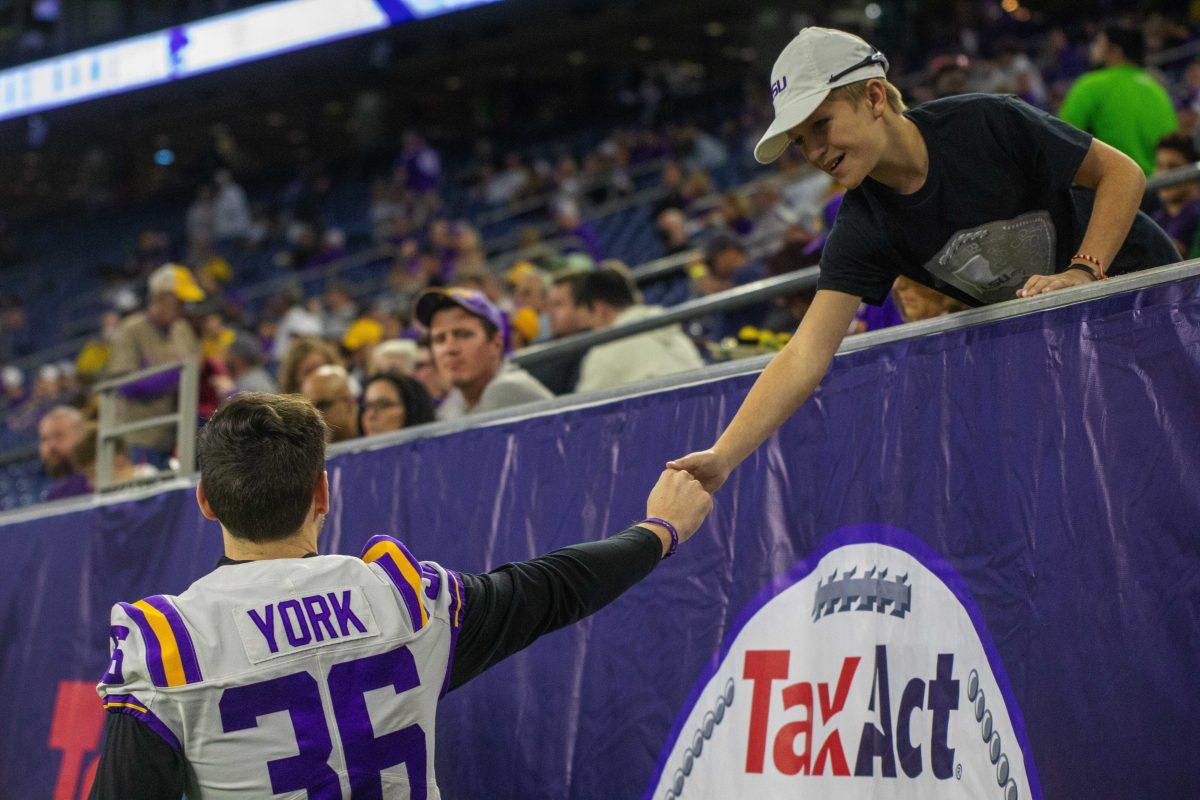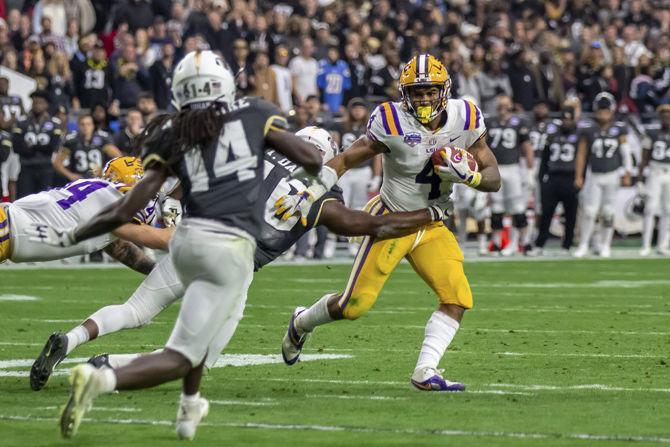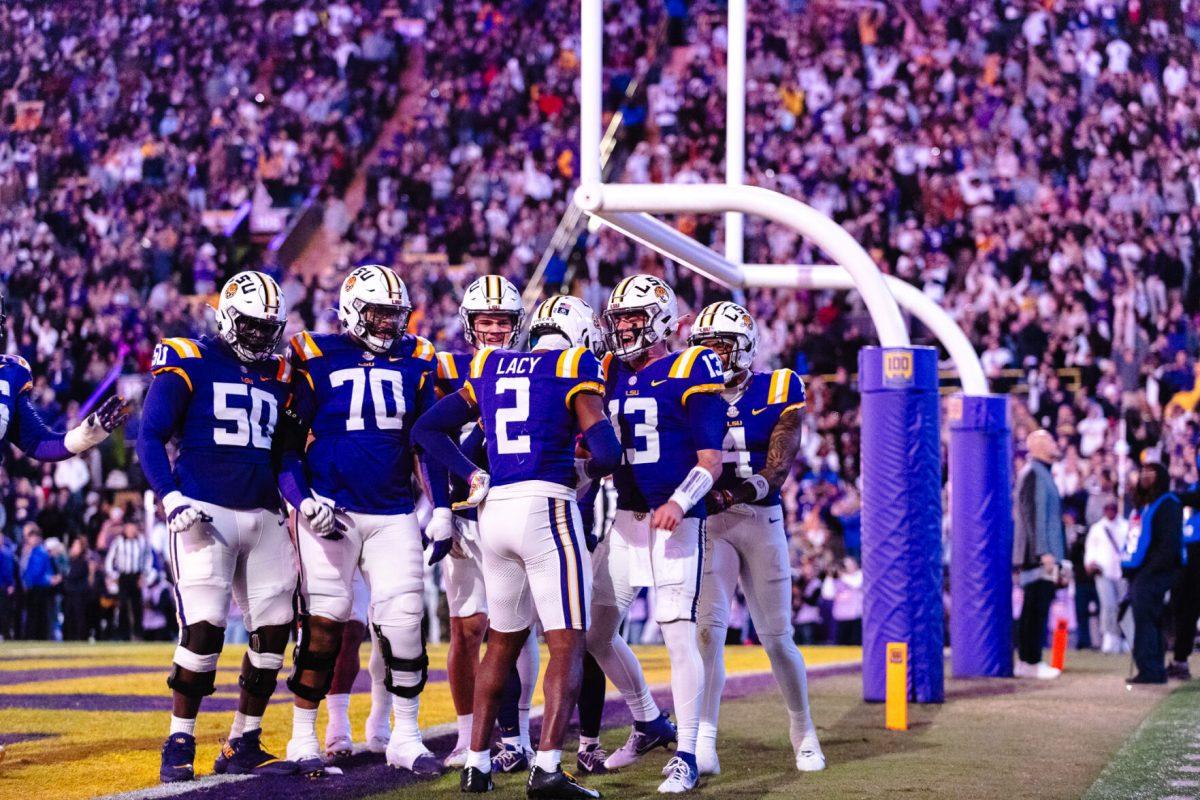While many people consider the LSU v Alabama National Championship in 2012 as the nail in the coffin regarding the BCS Championship, there was another reason why the playoff was put into place. Group of Five teams were consistently finishing their seasons undefeated and being left out of championship consideration, some of which were arguably the best teams in the country.
Between 2008 and 2010, TCU (Mountain West), Boise State (WAC) and Utah (Mountain West) combined for five undefeated seasons, with 2008 Utah, 2009 Boise State and 2010 TCU all winning BCS Bowls and TCU finishing the regular season at No. 3 and undefeated two seasons in a row.
It‘s not like Group of Five teams can truly control how difficult their schedules are, and the legitimate ones typically try to schedule as many tough matchups during non-conference play as possible. But at least the playoff expansion solved that problem, right?
Group of Five Disrespect Continues to Grow
There were multiple problems that kept Group of Five teams out of the playoff. First, Utah and TCU got irritated with not getting a fair shot and joined Power 5 conferences. Boise State also declined after Kellen Moore and Doug Martin went pro.
But the biggest problem didn’t involve specific teams, it involved the overall ranking system. The committee started focusing more on Strength of Schedule (SOS), which put Group of Five teams at a large disadvantage.
The first Group of Five team to finish undefeated after the expansion was Western Michigan in 2016. Their schedule was incredibly easy (No. 118 in SOS) as even though they defeated two Big 10 teams early on, they did not face a single ranked opponent.
When the College Football Playoff was finalized, they were No. 15.
That was vastly different than how TCU and Boise State were treated when they went undefeated, making it questionable that this playoff expansion’s goal was to give smaller teams a chance. At least TCU had a chance to make it into the BCS Championship if one team above them fell (as opposed to eleven).
UCF’s Rise, ultimate reason for playoff snub
In 2017, UCF surprised a lot of people early on, crushing Maryland (38-10), who had beaten the Knights in the previous season, and Memphis (40-13), one of the favorites to win the American title. Those wins allowed them to crack the top-25 three weeks earlier than the Broncos had.
UCF continued their dominant start, finishing their first five games with an average scoring margin of 33.8, yardage margin of 214.6 and turnover margin of 1.6 (against FBS opponents). And those numbers could’ve been larger had their game against Cincinnati not been cut short by a quarter.
With the debut CFP rankings on the horizon, their resume included dominant wins against Maryland and No. 21 Memphis, and an ugly sixth win against a respectable Navy. It wasn’t amazing but those were still solid wins and every team ranked below them besides Memphis had two losses.
But… they dropped three spots.
Mississippi State, a team that had lost to Georgia and Auburn by a combined 67 points and had the same number of ranked wins as UCF did, surpassed them in the polls, along with two-loss USC and Iowa State.
Small discrepancies like Mississippi State jumping UCF and the other teams in the AAC being treated similarly would occur throughout the season, as despite winning out, UCF and Memphis only climbed four and three spots respectively, and USF never cracked the CFP rankings after suffering a one-score loss to Houston that knocked them out of the AP Poll (They were No. 17).
They could never impress the committee, but I can’t necessarily blame them considering how well the top-6 teams were performing against better competition and how close UCF’s last two games were.
Against USF and Memphis (in the conference championship), they had negative yardage and turnover margins and gave up an average of about 49 points and 703 yards per game. These games still boosted them up to No. 10 in the final CFP rankings, but it wasn’t nearly enough to have them be considered for the playoff.
While all four playoff teams suffered a loss, some more respectable than others, they managed to either bounce back tremendously or had resumes that justifiably allowed them to remain at the top. While Clemson and Oklahoma followed their early upset losses with large win streaks, ranked wins and conference championships, Alabama and Georgia’s single loss came against the same team: Auburn.
Auburn encompasses David and Goliath
UCF would face off against Auburn in the Peach Bowl in what many thought would be an easy win for the Tigers. They were 9.5-point favorites and prior to this game, they were fixing to become the first team ever to make the playoff with two losses.
Those losses each occurred in Death Valley, as they would lose by one score at Clemson and give up 20 unanswered points to fall to an unranked LSU 27-23. That would send them all the way down to No. 21 in the AP Poll, with multiple huge obstacles still remaining.
How would they respond, with their momentum shot and their backs against the wall?
Five straight wins, including a three-score beatdown against No. 1 Georgia and a controlled defeat of another No. 1 team in Alabama. Suddenly, things were looking up for the Tigers, who skyrocketed from No. 14 in the debut CFP rankings to No. 2, and now had a very realistic chance of making the playoff.
But there was one more step needed to compete in their first playoff, and that was to finish the job against Georgia, the team they had recently routed 40-17.
Similar to how Auburn swept the rug out from underneath the Bulldogs a couple weeks back, Georgia would do the same, stealing Auburn’s playoff spot with a 28-7 rout. The dream season was over, but they still earned themselves a respectable NY6 bowl and had potential to finish strong.
They had once represented David, staring into Goliath’s eyes as they struck down the top dogs of the SEC. But now they played the part of Goliath, facing an underdog UCF team that was desperate to prove themselves.
UCF earned their National Championship, and it’s obvious why
After falling behind 20-13 in the 3rd quarter, the Knights would score 21 unanswered points, capped off by a huge pick six to go up by fourteen with just under six minutes to go. Auburn would make things interesting again, but on the potential game-tying drive, the bending UCF defense didn’t break, picking off Stidham in the endzone to seal the game at 34-27 UCF.
The yardage totals were practically even, and the Knights won the turnover battle 3-1. They had beaten one of the best teams in the country, and that’s not even arguable.
Auburn finished the regular season with a 7-2 record against FBS teams with records above .500. And despite sporting the hardest schedule in the country (one that included three playoff teams), they were incredibly efficient. Had they not lost to LSU (or won the tiebreaker to win the SEC West), it’s very likely they would have played in the playoff.
They were top-15 in average scoring margin (No. 10), opponent yardage per game (No. 13), opponent points per game (No. 9), penalty yards per game (No. 5) and completion percentage (No. 13) against FBS opponents before their loss to UCF. They also placed in the top-25 in opponent third down percentage, opponent completion percentage and red zone offense.
It’s impossible to predict how UCF would have fared in the playoff, but they scored the most points Auburn allowed all season, proving that they can put up points against the best defenses in the country. With there being no valid way to prove they couldn’t have won it all and the fact that they more than held their own against a top-tier team, it seems only fair that they are allowed to crown themselves as champions.
Have things gotten better?
Yes.
While Cincinnati might not have turned many heads with their playoff performance against Alabama, it’s still amazing to see an underdog team finally get the chance they deserve and represent all those aforementioned teams that never did.
You can’t argue that the road for Group of Five teams making it into the exclusive, four-team playoff is not still insurmountably difficult, with Cincinnati still struggling to get in despite a mostly dominant, undefeated season and a preseason ranking of No. 8. UCF also never made it even after winning twenty-five straight games, including a NY6 bowl against one of the best teams in the country in 2017.
With Cincinnati’s roster being gutted after this season, it’ll be interesting to see which Group of Five teams will represent the underdogs come next season. My money is on San Diego State and Northern Illinois, and I’m interested to hear who you think is next.
LSU senior running back Nick Brossette (4) carries the ball down the field during the Tigers' 40-32 victory over UCF on Tuesday, Jan. 1, 2019, in State Farm Stadium.







